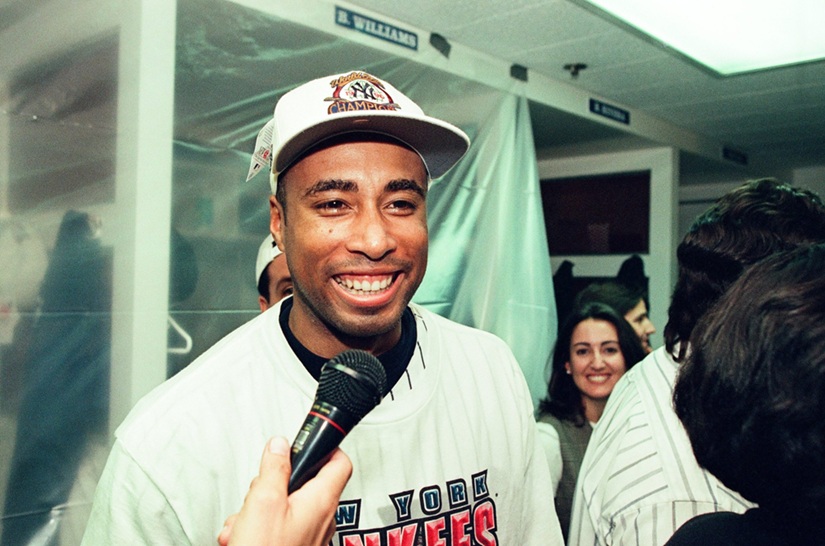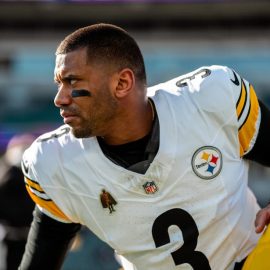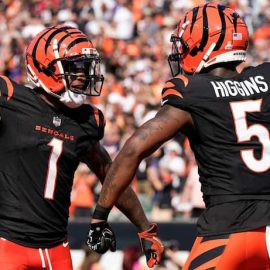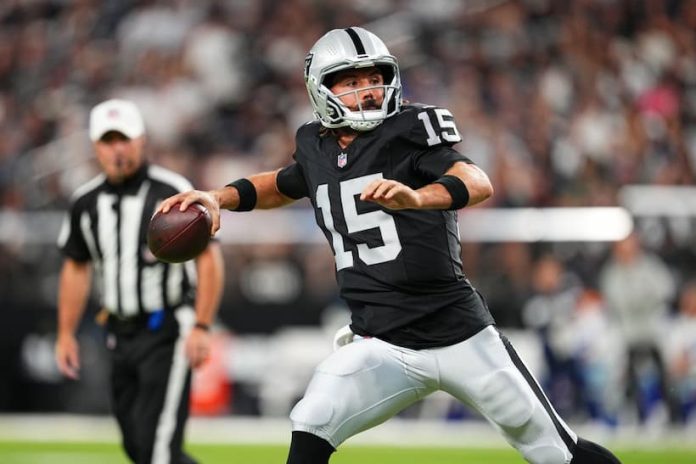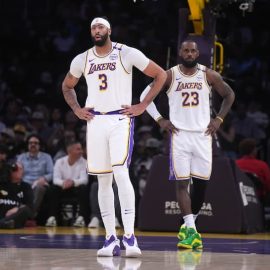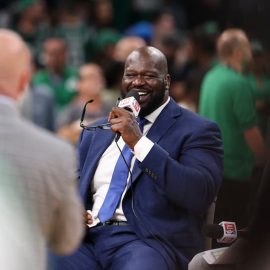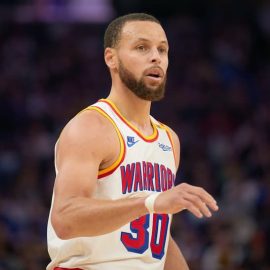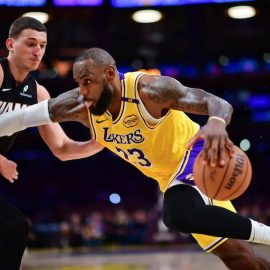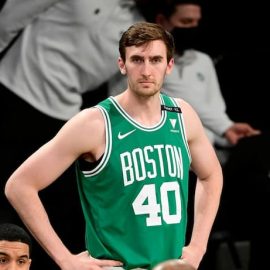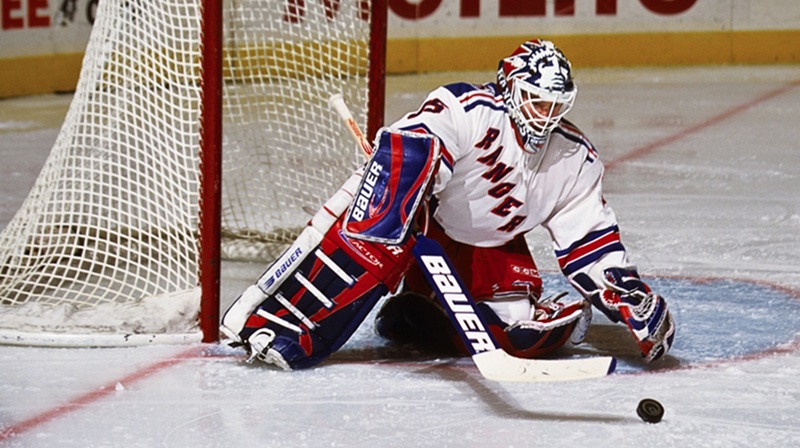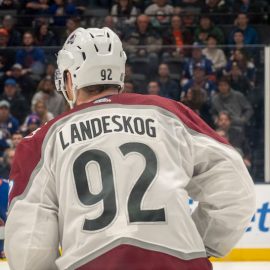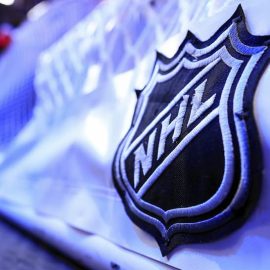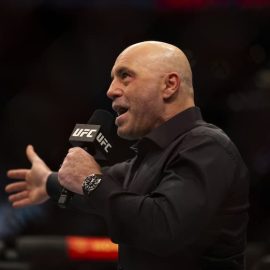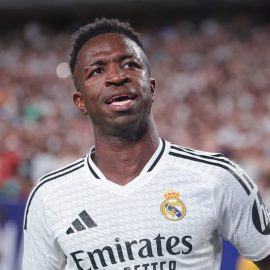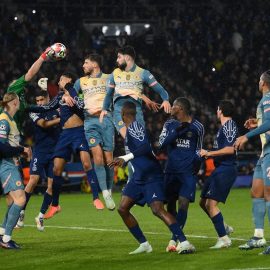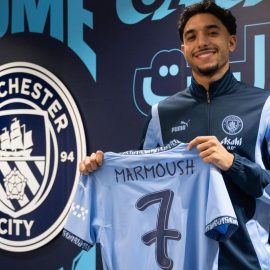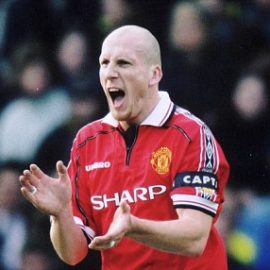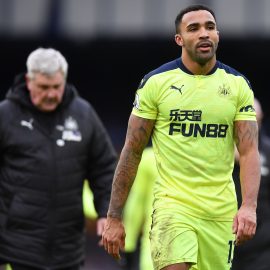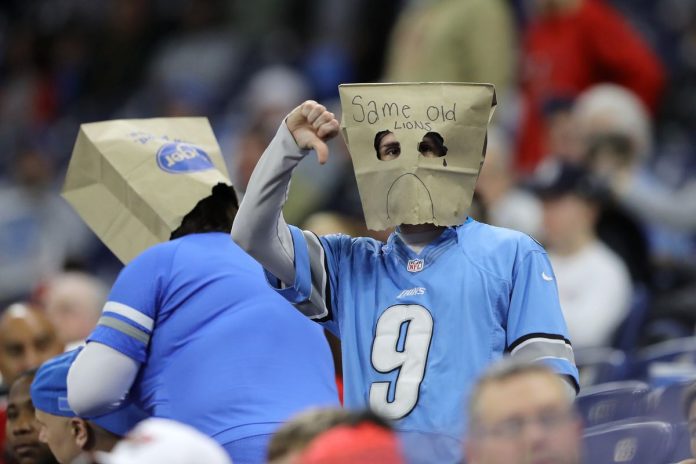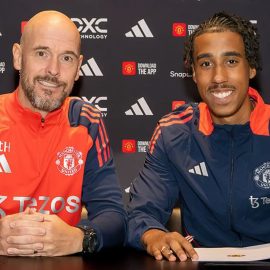Top Sports News
Exclusive: Panthers Legend Luke Kuechly Raves About Bryce Young, Talks No. 8 Pick
Carolina Panthers great Luke Kuechly believes we learned a lot about Bryce Young’s “makeup” and growth in his second season compared to his first. The No. 1 overall pick in…
Jordan Love Exclusive: Star Quarterback Explains How Packers Can Get To Next Level
Green Bay Packers quarterback Jordan Love is well aware that the team — including himself — needs to improve if they want to get to an elite level. The Packers…
NFL
View allJoey Bosa signed a one-year, $12.6 million deal with Buffalo after nine seasons with the Chargers
With NFL free agency underway, teams are signing players for the 2025 season and beyond. On March 5, the Chargers cut ties with their longest-tenured player, Joey Bosa. He played…
Anthony Richardson and Daniel Jones will compete to be the Colts’ starter in 2025
In 2024, Anthony Richardson began the year as their starting QB. He played in 11 of their 17 games due to injury. Richardson has missed 19 games over his first…
NHL
View allColorado Avalanche General Manager Provides Update On Gabriel Landeskog’s Return From Injury
Colorado Avalanche General Manager (GM), Chris MacFarland, has given an update on the injury status of Gabriel Landeskog. Colorado Avalanche GM Gives Injury Update On Gabriel Landeskog The Colorado Avalanche…
Jessica Campbell and Emily Engel-Natzke Make History As First Female Coaches To Go Head-To-Head In NHL
Jessica Campbell and Emily Engel-Natzke have made history after becoming the first two female coaches to go head-to-head in the NHL. Jessica Campbell and Emily Engel-Natzke Make History In NHL…
Research Features
View allTop 10 Most Lucrative Wide Receiver Contracts Agreed Ahead Of The 2024 NFL Season
CeeDee Lamb landed one of the biggest non-quarterback deals in the NFL this week as he signed a four-year contract with Dallas – but where does the Cowboys star receiver…
Premier League Summer Transfers: Top 10 Most Expensive Signings So Far
The 2024/25 Premier League season is almost upon us and as English clubs prepare for the new campaign, we are counting down the top ten most expensive transfers so far….
